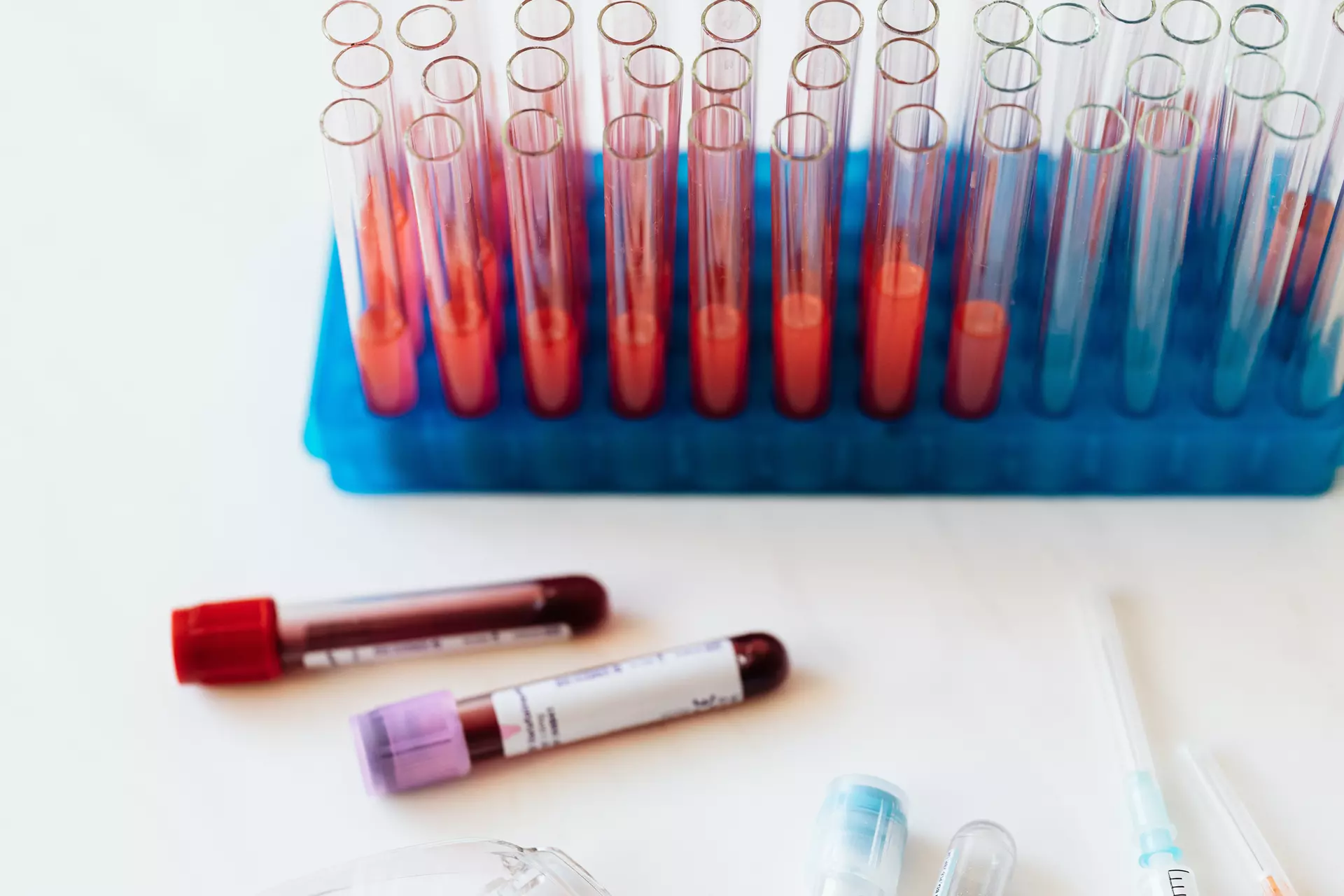
The Role of Medical Laboratories
Medical laboratories play a critical role in modern healthcare by providing accurate and timely diagnostic information to physicians and specialists across all medical disciplines. While many laboratories offer a wide range of testing services, others focus on specific areas of medical analysis.
Request an AppointmentCytopathology
Cytopathology involves the microscopic examination of individual cells to detect abnormalities such as inflammation, infection, or malignancy. Common cytopathological tests include:
- Pap smears for cervical cancer screening
- Skin cell analysis to detect skin cancer
- Nasal smears for allergy testing
These tests help identify disease at the cellular level, often before more noticeable symptoms develop.
Genetics
Genetic testing involves the study of DNA, including karyotyping—analyzing the number, size, and structure of chromosomes. This testing is valuable for:
- Detecting congenital disorders in a fetus or child
- Identifying potential hereditary conditions
- Explaining causes of miscarriage or stillbirth
- Performing forensic DNA testing for identification purposes
Hematology
Hematology is the study of blood and its components. One of the most common tests in this category is the complete blood count (CBC), which measures:
- Hemoglobin levels
- Red and white blood cell counts
- Hematocrit levels (percentage of red blood cells)
- Platelet counts
Blood tests are used to diagnose a variety of conditions, including anemia, infections, organ function, clotting disorders, and toxic exposure, as well as to monitor medication levels and determine blood type and Rh factor.
Immunology and Serology
Tests in immunology and serology focus on antigen-antibody interactions, primarily to:
- Diagnose immune responses
- Test for organ transplant compatibility
- Detect autoimmune diseases and infectious agents
Microbiology
Microbiology labs analyze clinical specimens such as blood, urine, cerebrospinal fluid, feces, sputum, and synovial fluid to detect bacterial, viral, or fungal infections. These labs:
- Perform cultures to grow and identify pathogens
- Test antibiotic sensitivity to determine effective treatments
- Include parasitology, which focuses on detecting parasites, usually through fecal analysis
Surgical Pathology
Surgical pathology involves examining tissue biopsies from organs, tumors, and other body structures to identify disease processes. These tests are crucial for diagnosing cancer, inflammatory diseases, and other tissue-related conditions.
Toxicology
Toxicology testing detects the presence of drugs or toxic substances in blood or urine. These tests are commonly used to:
- Monitor prescription drug levels
- Detect illicit drug use
- Investigate suspected poisonings
Urinalysis
Urinalysis evaluates levels of various substances in the urine, such as:
- Blood
- Glucose
- Bilirubin
- Proteins
It is widely used to diagnose kidney disorders, urinary tract infections, diabetes, and other metabolic conditions.
Virology
Virology labs detect and identify viruses in samples such as blood, urine, or cerebrospinal fluid. This testing is important for diagnosing viral infections like HIV, hepatitis, or influenza.
Common Laboratory Tests
Many lab tests are routinely included in annual physical exams or ordered to monitor chronic conditions. Some commonly performed tests include:
- Complete blood count (CBC)
- Blood sugar (glucose) testing
- Thyroid-stimulating hormone (TSH)
- Cholesterol and lipid panels
- Electrolyte levels (sodium, potassium, etc.)
- Liver and kidney function tests
- Medication monitoring (e.g., anticoagulant levels)
These tests help detect metabolic disorders, organ dysfunction, infections, or medication side effects.
Common Pediatric Laboratory Tests
Children and infants have unique diagnostic needs due to infections, congenital conditions, and exposure risks. Common pediatric tests include:
- CBC to evaluate overall health or detect anemia/infection
- Electrolyte panels to assess hydration or metabolic imbalances
- Blood cultures for systemic infections
- Lead level testing for environmental exposure
- Liver function tests to diagnose hepatitis or mononucleosis
- Genetic testing for inherited disorders or birth defects
